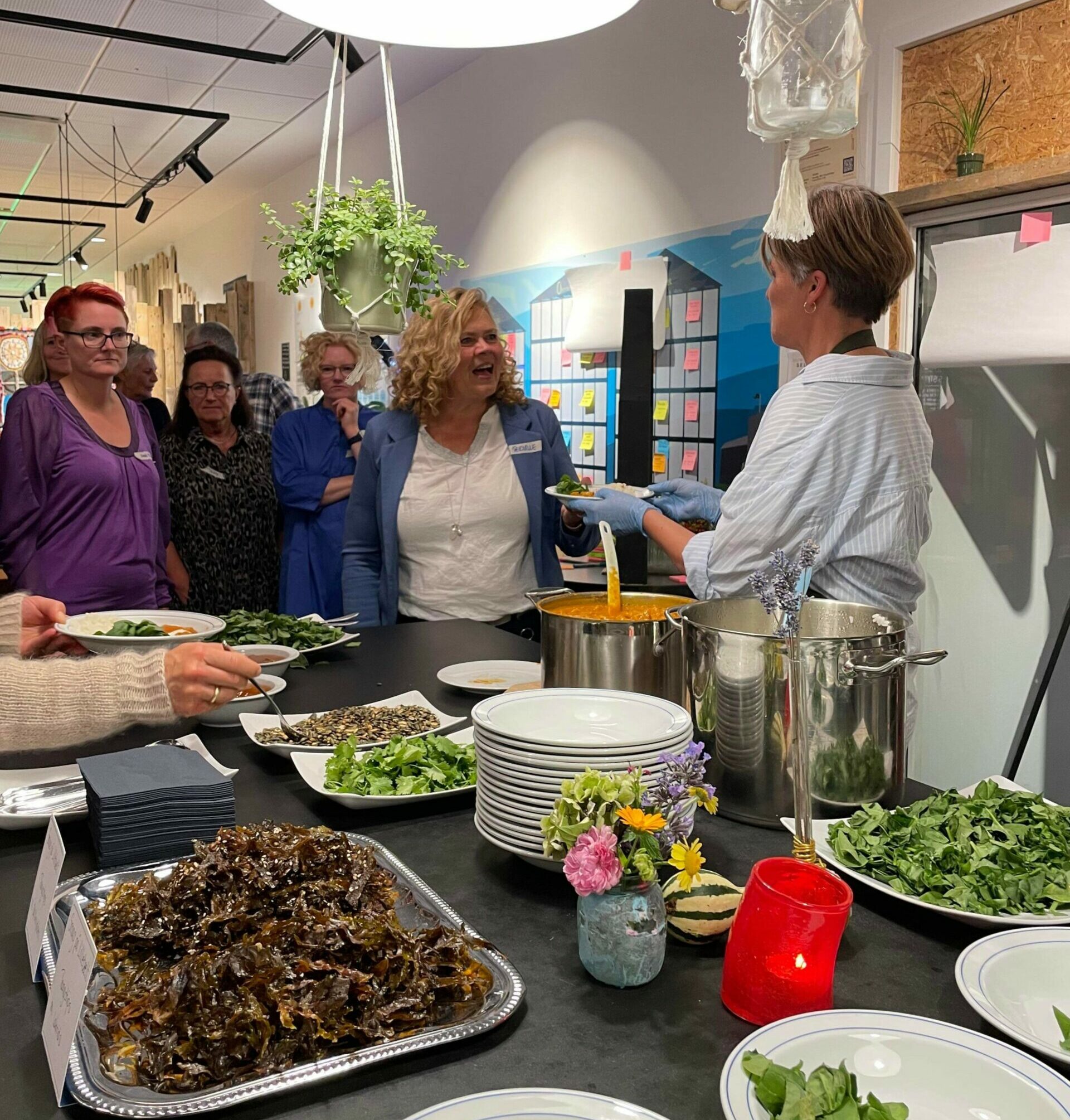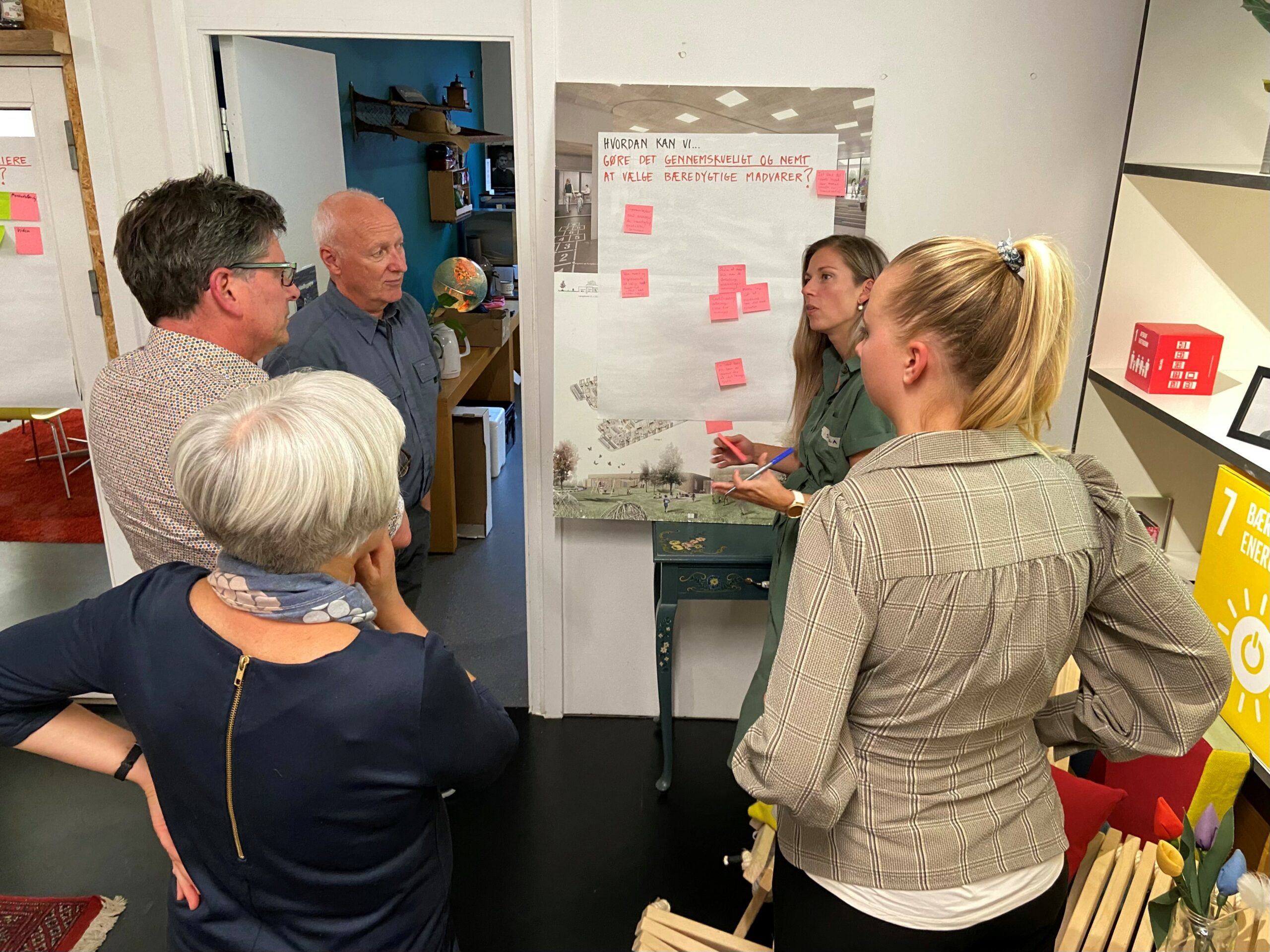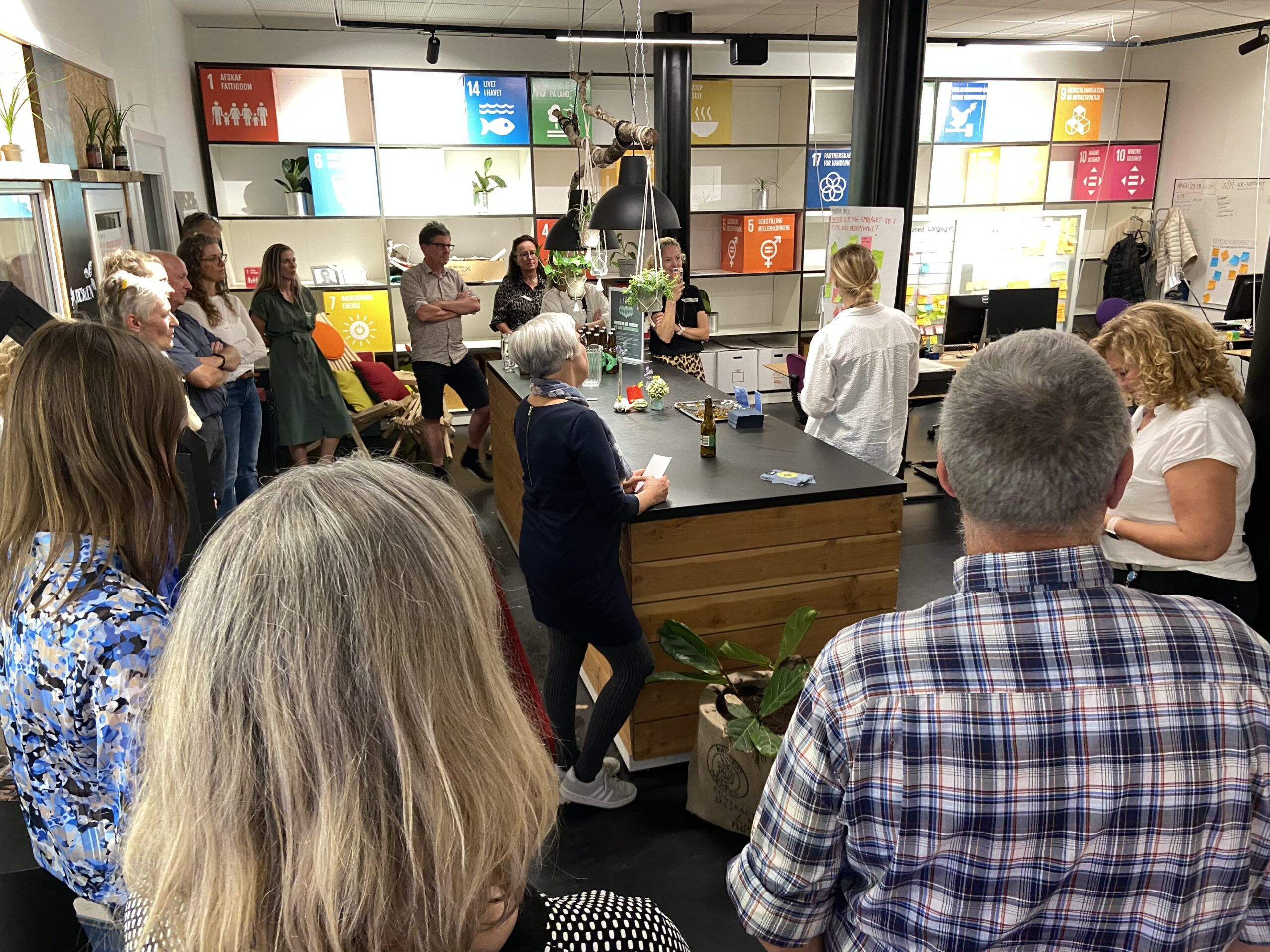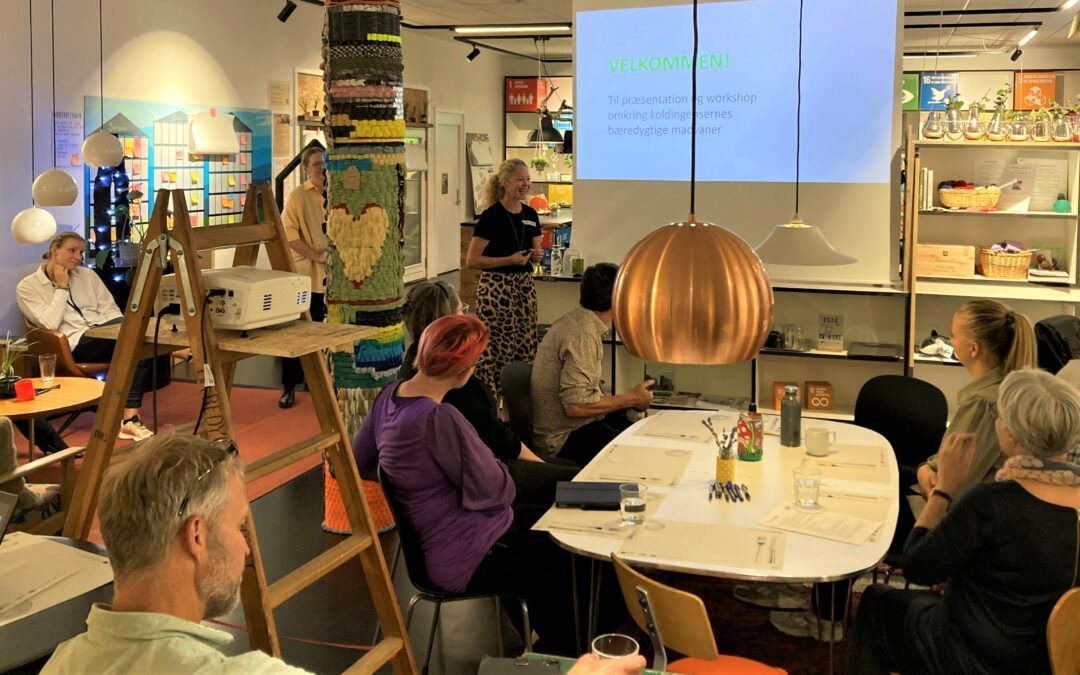As a professional you can’t talk about food without having a sense of food culture in the back of your mind. But with the case of Kolding, one could claim that we have forgotten our food culture – or have we?
One indication could be that Kolding is known as “Slicetown” because the city has the highest number of pizzerias per inhabitant in Denmark – hint, we eat a lot of pizza! So to find out more and truly understand the current state of the food culture and behaviour in Kolding, we decided to conduct a baseline study to provide us with more knowledge of our starting point.
We conducted the survey in collaboration with Klima X. The purpose of the research was to examine the food behaviour of the citizens of Kolding and to understand, how much they engage in sustainable food, what motivates the citizens and the key barriers for acceptance and selection. The survey was sent out in June and 1900 citizens participated in the survey – which is a high participation.
About the survey
Period: the survey took place in the period of June 7th-30th 2022
Method: Quantitative survey, sent out via E-boks (digital government mailbox)
Respondents: +1900 people, citizens in the municipally of Kolding age 15 years and above
Workshop
The results of the survey were presented on the 14th of September at a workshop held in the Sustainability House of Kolding. For this workshop we had invited everybody with an interest in sustainable food – local politicians, food producers and farmers, kitchen workers, students, and citizens. On the night of the workshop, we were around 30 participants including representatives from all parts of Kolding’s food system.

Local food producer Hanegal served us a vegetable curry, and Easyfood served an upcycled beer made from bread. Photo by Laura Kohl.
The workshop lasted 3 hours including: a presentation of the Fusilli project, a presentation of the results and insights of the survey by Klima X, a nice plant-based meal and upcycled beer, and exercises working with the insights of the survey. It covered different perspectives from all parts of the food system on challenges and possibilities and a visioning of how we wish the food culture of Kolding to be in 2050.
Klima X
is a Danish NGO which aims to get everybody involved in the green transition. Their primary focus is everyday-related topics that must be converted into climate-friendly actions – like food habits.
Key insights
The results of the survey were analyzed and presented by Klima X and here is what they found:
- The citizens of Kolding loves meat (above the national benchmark)
- It seems that many citizens of Kolding find sustainable food habits important, but still many choose not to eat sustainably. Some of the reasons are “habits”, lack of knowledge and inspiration. A lot of the participants in the survey asked for inspiration and knowledge of sustainable food.
- Price and quality are the most important factors when the citizens are grocery shopping, and “eating sustainable” is perceived to be more expensive.
- Taste is a key factor
- The biggest motivation for changing food habits to more sustainable options is nature and climate
To sum up the insights, the survey indicates that the citizens of Kolding’s food habits is to be considered relatively conservative or unchanged. Less citizens have reduced their consumption of meat compared to the national average, and most of the citizens do not eat sustainably but prefer to cook the food they already know and are used to. The picture is the same when looking at the consumption of organic food – the citizens of Kolding score below the national average. The primary barriers for changing this behavior are according to the survey: lack of knowledge, inspiration and “the good taste”.

‘How can we make it transparent and easy to choose sustainble food?’, was one of the questions we discussed. Photo by Cate Bang Fløe.
Another interesting insight is the citizens understanding of what sustainable food is. One of the things the survey showed was, that reducing one’s consumption of eating meat was ranked low when asked what they associated with eating sustainably. So, if the citizens don’t have a knowledge of their meat consumption’s impact, they cannot put it into consideration and use it as motivation to change food habits.
Most of the citizens (79%) do “highly agree” or “agree” to the importance that our food habits become more sustainable to prevent climate challenges. A big part of the citizens (47%) also indicates that they would like to try new dishes and like to cook – actually, the citizens of Kolding score above the national average on time spent on cooking dinner. So that is a nice starting point!
Results of the workshop
Reducing the meat consumption, increasing local food production and farming ended up being the most discussed topics during the workshop. Some of the points was to make sure every citizen in Kolding should have a garden so everybody gets an understanding of what it means to eat in-season, the work that needs to be put into growing vegetables and the effect of the climate.
Another point was to work on the rhetoric about plant-based food and how we introduce new sustainable dishes with plant proteins. Meat is a key element of the food culture of Kolding today according to the survey, and the way we talk about plant-based alternatives and food in general must inspire curiosity and should speak to our appetite.

The results and highlights of our discussions was presented at the end of workshop. Photo by Cate Bang Fløe.
As a result of the workshop, the participants designed their future food culture and recommendations for us to focus on in our further work with the Fusilli project in Kolding:
Kolding’s 2050 Food Culture Vision
- Kolding is self-sufficient with local food and a circular system – no food waste
- Everybody in Kolding has a garden
- Plant based food is the norm
- A food culture with focus on quality over price
- A “climate label” which can help consumers make climate friendly choices when shopping grocery
- High level of health and reduction of lifestyle diseases
- Teaching about the food system is implemented and part of the curriculum in the public school
Recommendations
- Local production of food and accessibility of this for the citizens
- Political support and updated sourcing agreements to support more sustainable and local purchasing
- Education in the food system, plant production and vertical farming
- Motivating communication in relation to creating behavioral changes
With this great baseline study, recommendations and visioning of the future food culture of Kolding, we have a fantastic foundation and starting point to bring into the upcoming strategic and policy work. And in addition this also gives us an opportunity to follow up in 3-4 years time to see the impact of our work.
